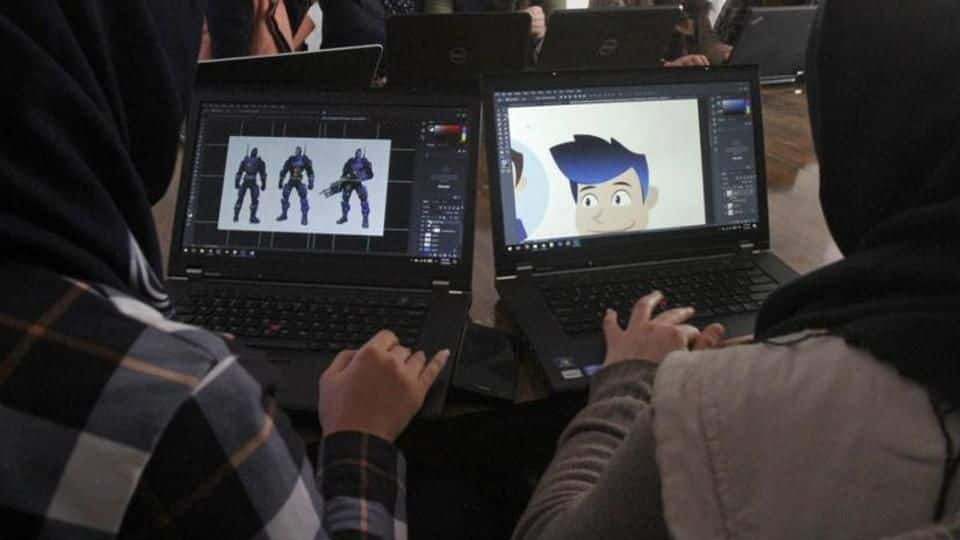
Afghanistan's first female coders take on the massive opium problem
What's the story
A group of Afghan women has managed to break barriers and become the country's first female coders.
But they have more to their credit: right at the beginning, they have shelved conventional bomb-dropping war games and taken on the widespread opium cultivation plaguing Afghanistan.
'Fight against Opium' is the one of the first offerings from the Code to Inspire (CTI) training center in Herat.
CTI
An Afghan refugee pioneered the girls-only computer programming institute
The girls-only CTI was pioneered by Fereshteh Forough, born an Afghan refugee in Iran who returned to Herat after the Taliban fell in 2001.
The goal of the former Herat University professor was to bring coding, a traditionally male-dominated sector, to girls.
It now has over 80 trainees, both high school and university students, who are taught to build websites, apps, games and more.
Opium
Afghanistan is the world's top poppy producer
When these women were creating their first game, they turned to Afghanistan's opium problem: according to UN, Afghanistan produces more poppy (source of heroin and opium) than all other countries combined.
While Helmand and Kandahar are hotbeds for cultivation, Herat lies along a key smuggling route.
Despite government's efforts, poppy growing has only increased with a push from the Taliban.
Do you know?
The game gives players a taste of Afghanistan's poppy problem
In 'Fight against Opium,' the player is an Afghan soldier on a mission to clear out drugs. He has to pass hiding enemies, landmines and smugglers with five supporting lives. Soldiers then encourage local farmers to grow saffron instead, which is more expensive.
Development
This girl was motivated by her translator brother's real-life stories
Twenty-year-old Khatera Mohammadi was a main part of the team that developed the game. She says she was motivated by her brother's real-life stories; he worked as a translator for US soldiers in Helmand.
They completed the game in one month. The first person Mohammadi showed it to was her brother.
The team now aims to spread awareness among teens and youths.
Plans
CTI management hopes to develop more schools to train women
There's 20-year-old Frahnaz Osmani, a graphic design student, who's making Afghan female character stickers for social media.
Eighteen-year-old Samira Ansari, another student, didn't know what coding was a few years ago, but now dreams of becoming a web designer.
Project manager Hasib Rassa says CTI helped these women earn from their homes and help their families.
Plans are to open more schools, he said.